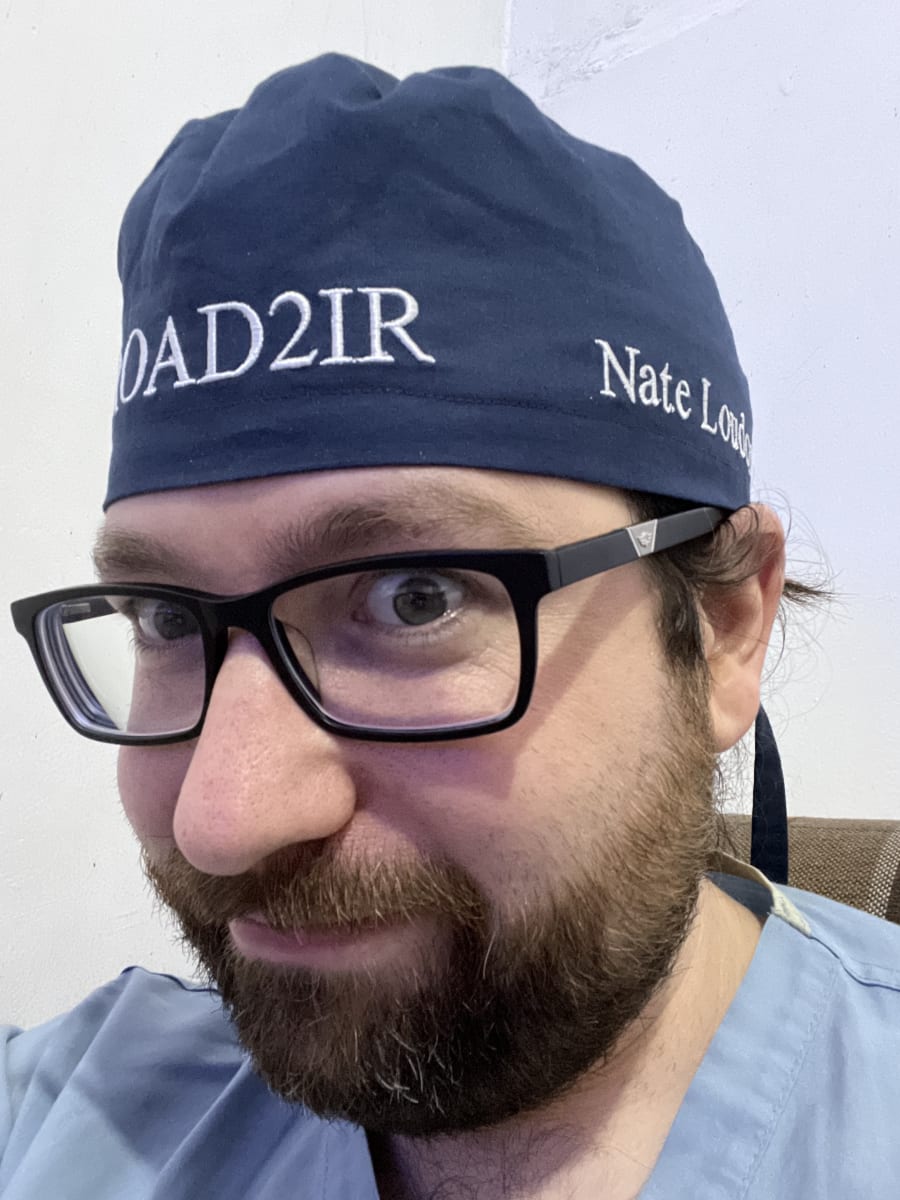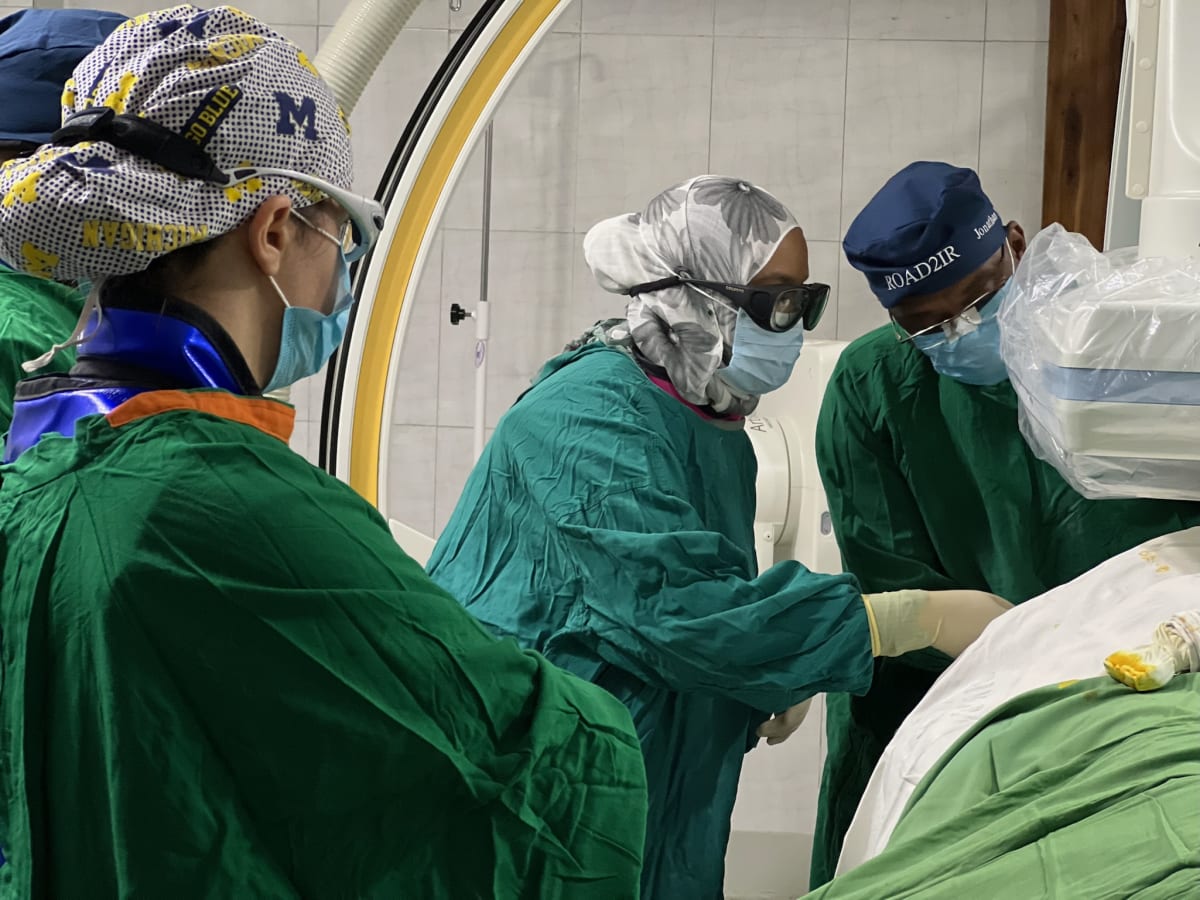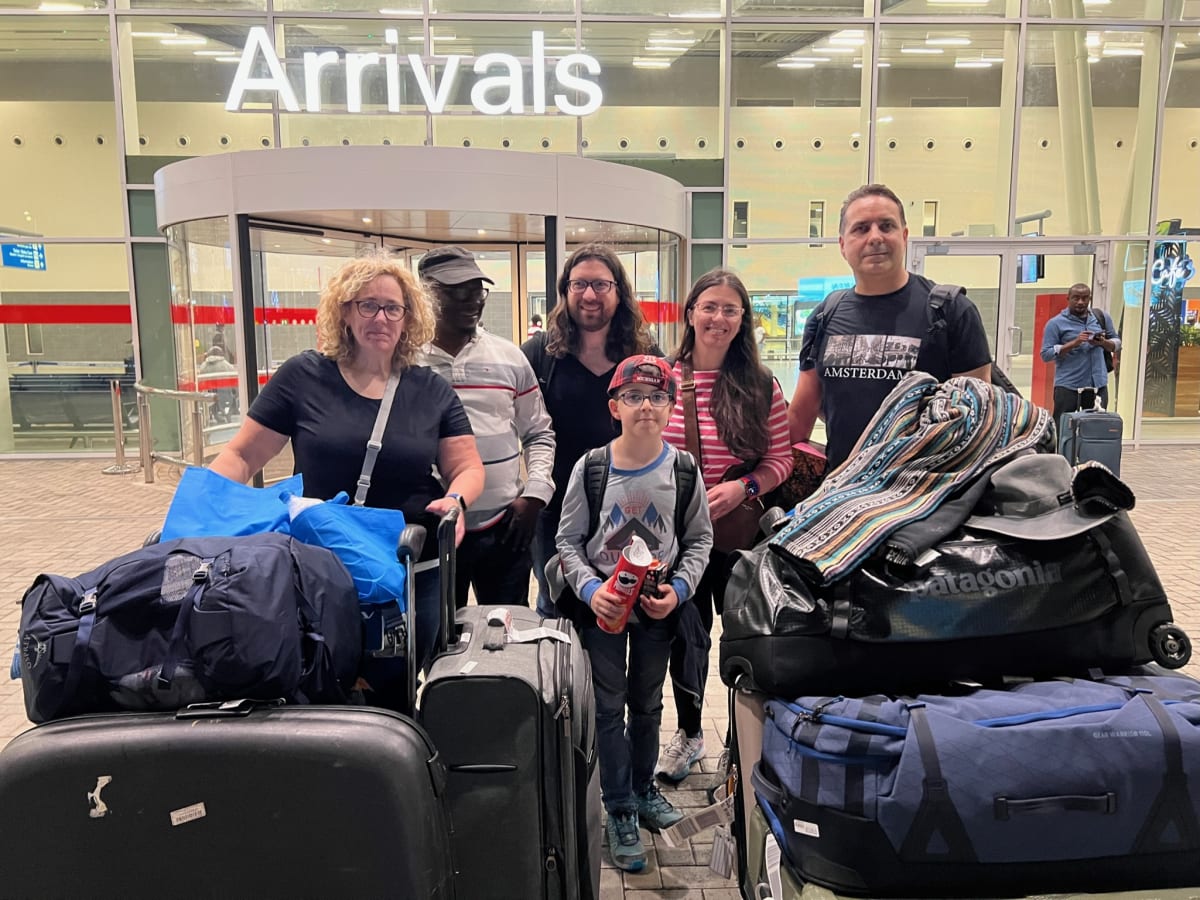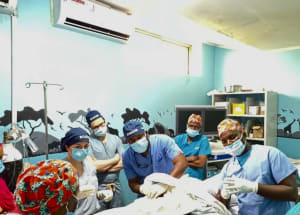Demand for minimally invasive treatments continues to rise around the world. Interventional radiology (IR) in particular is indicated for a broad range of conditions and has numerous advantages over more traditional surgical options, often significantly decreasing associated morbidity and mortality. Examples include image guided abscess drainage, nephrostomy and biliary tube placement, uterine fibroid embolization, and embolization in the setting of trauma, GI bleed, or postpartum hemorrhage. However, many developing countries have limited or complete lack of IR services. According to the WHO over 4 billion people globally lack access to diagnostic imaging, with likely more than 5 billion lacking access to IR. As of 2017, there was not a single interventional radiologist in Tanzania, leaving a population equivalent to that of California and New York combined without access to a broad range of life-saving treatments. Over the past three years, the “Tanzania Interventional Radiology Initiative” has initiated East Africa’s first IR training program, training the first generation of interventional radiologists in the country. Africa’s first Master of Science in IR curriculum at Muhimbili University in Dar es Salaam was officially announced in October 2019 ( https://medicine.yale.edu/news-article/yales-tanzania-interventional-radiology-initiative-approved-for-msc-program/ ), which gives testament to the rapid progression of the training program. An overview of the program was published in the Journal of Vascular and Interventional Radiology in 2019 ( https://www.jvir.org/article/S1051-0443(19)30687-6/pdf ).
While this program most immediately serves the 60 million people living in Tanzania, training IR physicians locally will have regional impact. One of the first IR fellows who recently graduated from the program in Tanzania is from Rwanda, and has returned there as the first IR physician in the country. He has already begun the process of expanding our efforts there and plans to begin training the first generation of Rwandan IR trainees.
I believe that expanding the many obvious benefits IR already provides to patients in developed nations can be quickly expanded to billions of people around the world in developing nations by training young physicians locally. IR provides a broad range of life-saving procedures and can have an immediate impact, as has been demonstrated in Tanzania over the past several years. I want to support and expand these efforts and contribute to building IR services in Africa, potentially reaching over one billion people who currently have no access to these important treatments.








It was incredible to have an opportunity to work with the first interventional radiologists trained in Tanzania and see their thriving clinical practice. As a team we took care of a wide variety of patients with very complex medical problems at the country's national referral hospital.
As an example, one of the cases our team performed was a retrieval of a large catheter fragment which was lodged in a patient's heart and in danger of traveling to their pulmonary arteries. Prior to the advent of interventional radiology the only option for a patient with this problem would have been surgical removal. We were able to retrieve the fragment through a catheter access in the patient's femoral vein and leave them without any scars and only a bandaid to cover our access site.
It was such a privilege to have the opportunity to be involved in the care of so many amazing patients. It was absolutely unforgettable. I look forward to continued work with the Road2IR project and can't wait to have the chance to return.